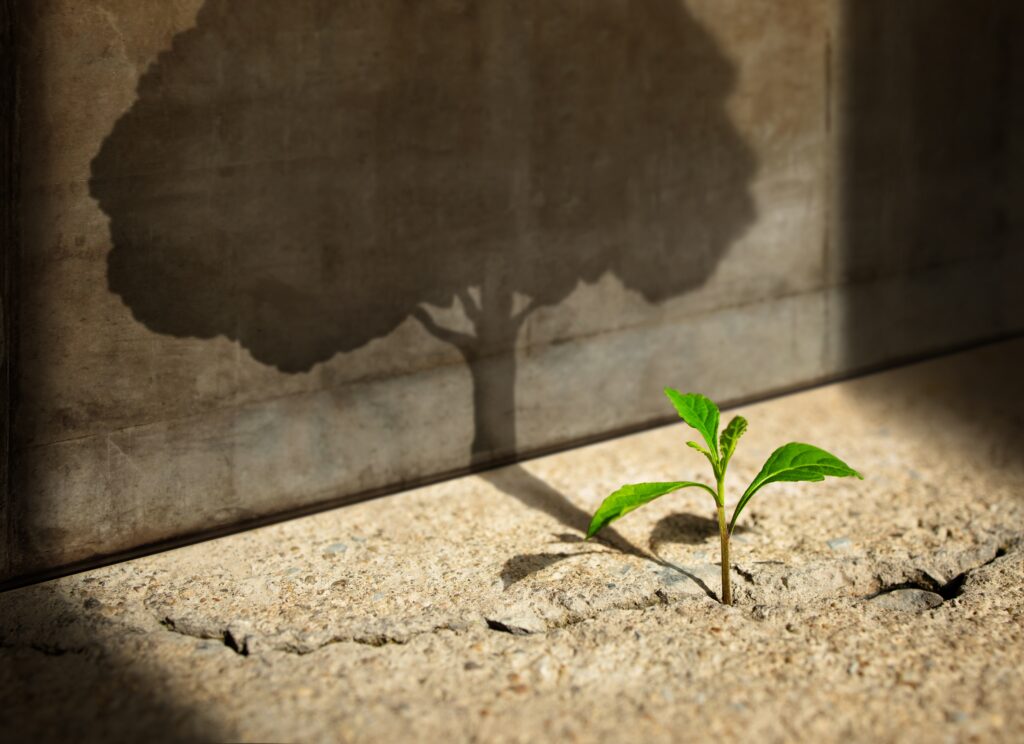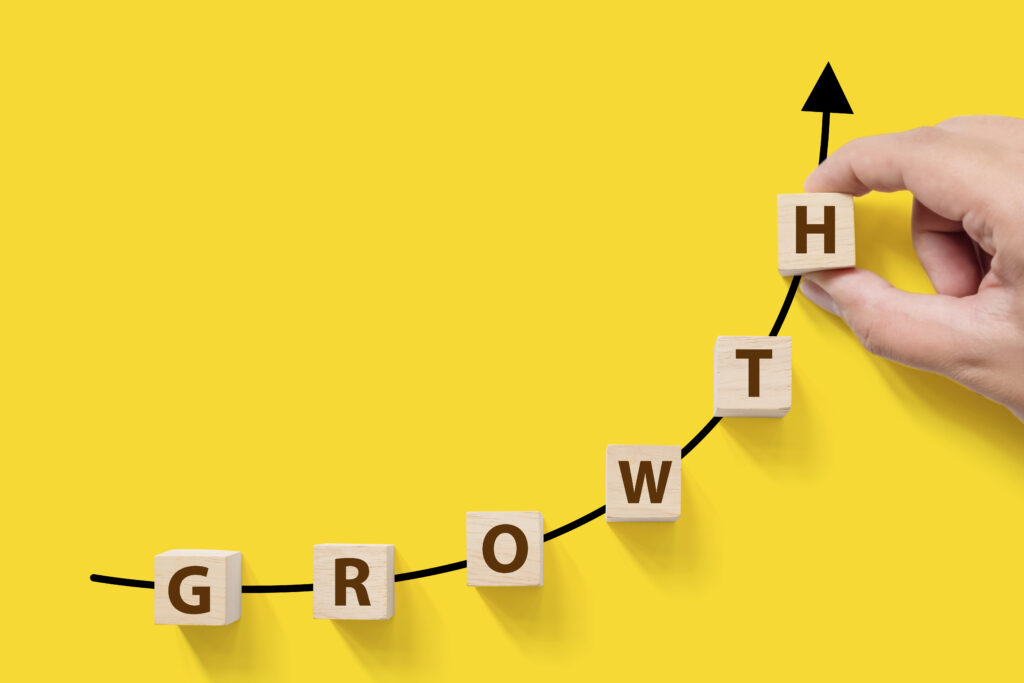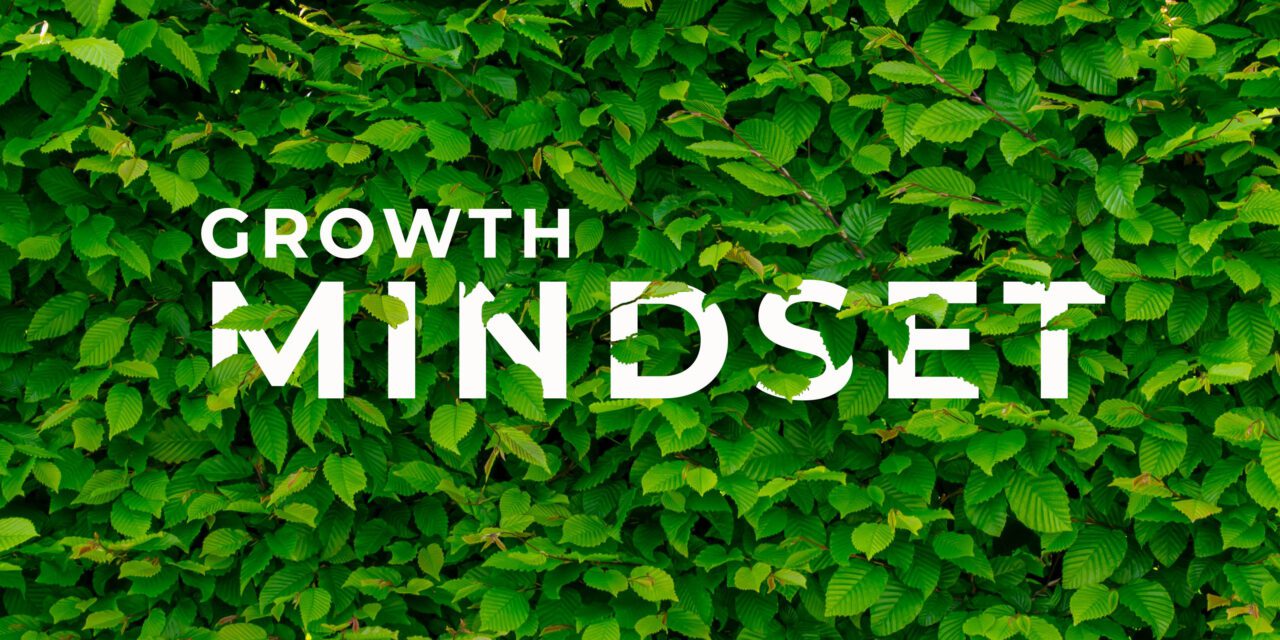Did you know that individuals with a growth mindset are more likely to enjoy sustained success and fulfillment in their personal and professional lives? This mindset, characterized by the belief that abilities and intelligence can be developed through dedication and hard work, stands as a foundational principle for those who achieve their most ambitious dreams.
Championing a growth mindset is not just a buzz phrase; it’s a revolutionary approach to life. Just ask the countless entrepreneurs, professionals, and lifelong learners who attribute their success to a fundamental shift in perspective. This deep-rooted belief in the power of effort and the hunger for learning can turn failures into launchpads for growth. Through this comprehensive exploration, we unearth the essence of a growth mindset, shining a light on the critical role it plays in personal and professional development.
Introduction to the Growth Mindset

At its core, a growth mindset is the belief that one’s abilities can be developed with hard work, learning, and resilience. It stands in stark contrast to a fixed mindset, which assumes that talents and attributes are inherently limited. This groundbreaking concept, popularized by psychologist Carol Dweck, has become a guiding principle for those looking to maximize their potential and lead fulfilling lives.
Understanding Failures and Setbacks
The path to a growth mindset begins with a fearless approach to failures. Rather than viewing mishaps as reflections of our inadequacy, we should regard them as pivotal learning experiences. When failure is reframed as feedback, it ceases to be the endpoint and becomes a crucial waypoint in our growth trajectory.
The Fear of Failure
Conquering the fear of failure is the gateway to this metamorphosis. It’s a fear that often stems from a misunderstanding of the very nature of success. Realigning our understanding to see failure as an integral component of success is a pivotal mental adjustment that liberates us from a paralyzing fear.
The Benefits of a Growth Mindset

The rewards of cultivating a growth mindset are tremendous. It empowers individuals to approach challenges with resilience, drives innovation and creativity, and fosters a love for lifelong learning and continuous improvement.
Resilience and Perseverance
The ability to bounce back from setbacks is a superpower of the growth-minded. Instead of giving up at the first sign of difficulty, they harness their inner drive to discover new solutions and take alternate routes toward their goals.
Innovation and Creativity
A growth mindset is a breeding ground for innovation. Its proponents are not bound by conventional wisdom and are more likely to devise creative solutions by exploring varied perspectives.
Continuous Learning and Improvement
The commitment to lifelong learning ensures that those with a growth mindset are constantly evolving. They are not content with the status quo and recognize that improvement is a perpetual process.
Strategies for Developing a Growth Mindset

Transitioning from a fixed to a growth mindset is a paradigm shift that doesn’t happen overnight. It requires a deliberate and sustained approach, involving several key strategies.
Self-Reflection and Reframing Setbacks
Engaging in deep self-reflection after a setback can unveil rich insights. It’s an opportunity to dissect the situation, identify the factors within your control, and redefine the experience in a manner that propels you forward. Instead of viewing failure as final, those with a growth mindset see it as an opportunity for growth and improvement.
Embracing Challenges
A key aspect of a growth mindset is embracing challenges. People who adopt this mindset view them as opportunities to learn and grow rather than obstacles to be avoided. This allows individuals to step outside their comfort zones and try new things without fear of
Seeking Feedback and Mentorship
Feedback, especially when coming from trusted mentors, serves as a compass for improvement. A growth-minded individual actively seeks constructive criticism and views mentors as beacons to guide their development.
Setting Goals and Tracking Progress
Clear and measurable goals provide direction and motivation. Regularly tracking your progress not only keeps you accountable but also serves as a continuous source of encouragement.
Real-Life Examples of a Growth Mindset in Action
Across fields as diverse as business, athletics, and the arts, individuals have harnessed the power of a growth mindset to achieve what others deemed impossible. Their stories are a testament to the boundless potential it unlocks.
One of the most compelling examples of a growth mindset can be found in the story of Thomas Edison, the prolific inventor. Despite facing repeated failures in his attempts to create the incandescent light bulb, Edison never viewed these setbacks as defeats. Instead, he famously stated, “I have not failed. I’ve just found 10,000 ways that won’t work.” This relentless optimism and refusal to give up ultimately led to a revolutionary invention that changed the world.
In the realm of athletics, Michael Jordan’s career embodies the essence of a growth mindset. Cut from his high school basketball team, Jordan didn’t allow this setback to define his potential. Through intense practice, perseverance, and self-belief, he went on to become one of the greatest basketball players of all time, illustrating how overcoming challenges can fuel extraordinary achievements.
These examples not only illustrate the practical application of a growth mindset but also serve as powerful reminders that failure and setbacks can be stepping stones to greatness when approached with resilience, determination, and a willingness to learn.
Start Cultivating a Growth Mindset Today

The call to action is clear—start today. Begin with small, intentional steps and persevere through the inevitable challenges. Every effort, every stumble, and every achievement will reinforce your newfound mindset, paving the way for a more fulfilling and impactful life.
Key Takeaways
- Understand that failure is not a stopping point but a stepping stone.
- Reframe challenges as opportunities to learn and grow.
- Commit to self-improvement through a relentless pursuit of knowledge and adaptability.
Actionable Steps
The transformation to a growth mindset demands action. Here are tangible steps to set you on the path:
- Take time to journal or meditate on your past failures. What did you learn? How can you apply those lessons moving forward?
- Seek out mentors or peers who embody the growth mindset and learn from their experiences.
- Set a specific goal that aligns with your growth and monitor your progress daily, weekly, or monthly.
The pursuit of a growth mindset is not a solitary one; it’s a shared voyage that we can all partake in. By building a community of like-minded individuals and instilling these values in our personal and professional lives, we foster an environment ripe for achievement and enlightenment. Remember, the only real failure is in not taking the first step towards this profound transformation.
In Conclusion
In our pursuit of personal and professional growth, adopting a growth mindset is paramount. This perspective not only enables us to view failure through a lens of opportunity but also encourages continuous learning and resilience. By internalizing the key takeaways and committing to the actionable steps outlined, each of us can cultivate a mentality that thrives on challenges and possesses an unyielding drive for self-improvement. Remember, the journey toward embodying a growth mindset is a marathon, not a sprint. It requires patience, persistence, and a positive outlook on the face of adversity.
Frequently Asked Questions (FAQ)
- What exactly is a growth mindset?
- A growth mindset is the belief that abilities and intelligence can be developed through dedication, hard work, and feedback from experiences. It contrasts with a fixed mindset, which assumes that talents and capabilities are static and unchangeable.
- How can I tell if I have a fixed or growth mindset?
- Reflect on your reactions to challenges and failures. If you tend to avoid challenges, feel threatened by others’ success, or give up easily, you might lean towards a fixed mindset. A growth mindset is indicated by a desire to learn from failures, being inspired by others’ success, and seeing effort as a path to mastery.
- Can a person’s mindset change over time?
- Absolutely. The essence of a growth mindset is the belief in the potential for change. With awareness, effort, and strategies to confront challenges positively, anyone can shift from a fixed to a growth mindset.
- Why is a growth mindset important in a professional setting?
- Professionals with a growth mindset are more likely to embrace challenges, persist through obstacles, learn from criticism, and find inspiration in others’ success. This approach not only enhances personal achievement but also contributes to a collaborative and innovative work environment.
- How can I encourage a growth mindset in others?
- Encourage others by recognizing their efforts, strategies, and perseverance instead of just their achievements. Provide constructive feedback that focuses on their development and potential. Lastly, share your own learning experiences and how you’ve grown from them to inspire a culture of learning and growth.
Recommended Reading
Mindset: The New Psychology of Success by Carol S. Dweck

Grit: The Power of Passion and Perseverance by Angela Duckworth

Peak: Secrets from the New Science of Expertise by Anders Ericsson and Robert Pool






